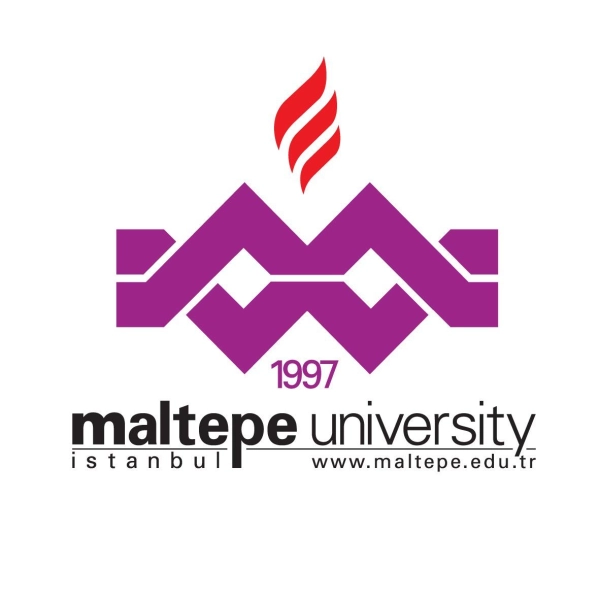College: Economics and Administrative Sciences
The specialization in International Trade and Logistics focuses on the global movement of goods, services, and information. Students develop skills in supply chain management, international business, logistics, and trade policy, preparing for careers in logistics, supply chain management, international business, and trade policy analysis.
Learning Objectives:
- Understand the basics of international trade and logistics.
- Develop skills in supply chain management, international business, and logistics operations.
- Learn techniques to analyze and improve global supply chains and trade policies.
- Explore principles of international economics, trade law, and customs regulations.
- Analyze trade data, market trends, and logistics performance.
- Develop critical thinking, problem-solving, and strategic planning skills.
Main Outline:
- Introduction to International Trade and Logistics
- An overview of global supply chains, trade agreements, and logistics operations.
- International Economics
- Principles of international economics and trade theory.
- Techniques for analyzing international economic policies.
- Supply Chain Management
- Principles of supply chain management, including procurement, production, and distribution.
- Techniques to optimize global supply chains.
- Logistics Operations
- Principles of logistics operations, including transportation and warehousing.
- Techniques for managing logistics performance.
- International Business
- Principles of international business and global marketing.
- Techniques for managing business in international markets.
- Trade Policy and Law
- Principles of trade policy and law, including trade agreements and regulations.
- Techniques for navigating international trade regulations.
- Customs and Regulatory Compliance
- Principles of customs and regulatory compliance.
- Techniques for ensuring compliance with international trade regulations.
- Practical/Applied Training
- Hands-on experiences in international trade and logistics environments.
- Graduation Project
- A comprehensive project applying skills in supply chain management, international business, or trade policy analysis.
Assessment Methods:
- International economics analyses, supply chain management projects, logistics operations plans, international business studies, trade policy and legal analyses, customs compliance reports, internship reports, graduation projects, group projects, and presentations.
Recommended Textbooks:
- "International Trade and Logistics" by various authors.
- "International Economics" by various authors.
- "Supply Chain Management" by various authors.
- "Logistics Operations" by various authors.
- "International Business" by various authors.
- "Trade Policy and Law" by various authors.
- "Customs and Regulatory Compliance" by various authors.
Prerequisites:
Basic knowledge of economics and business with an interest in international trade and logistics.
Duration of the Specialization:
Typically 4 years for a bachelor's degree. Advanced degrees may take an additional one or two years.
Certification:
Graduates can obtain certifications from organizations like the International Trade Centre (ITC).
Target Audience:
Aspiring logistics managers, supply chain analysts, international business specialists, trade policy analysts, and professionals seeking to work in logistics companies, trading companies, government agencies, and international organizations. This specialization equips students with the skills needed to excel in international trade and logistics, supporting careers in various roles focused on the global movement of goods, services, and information.









